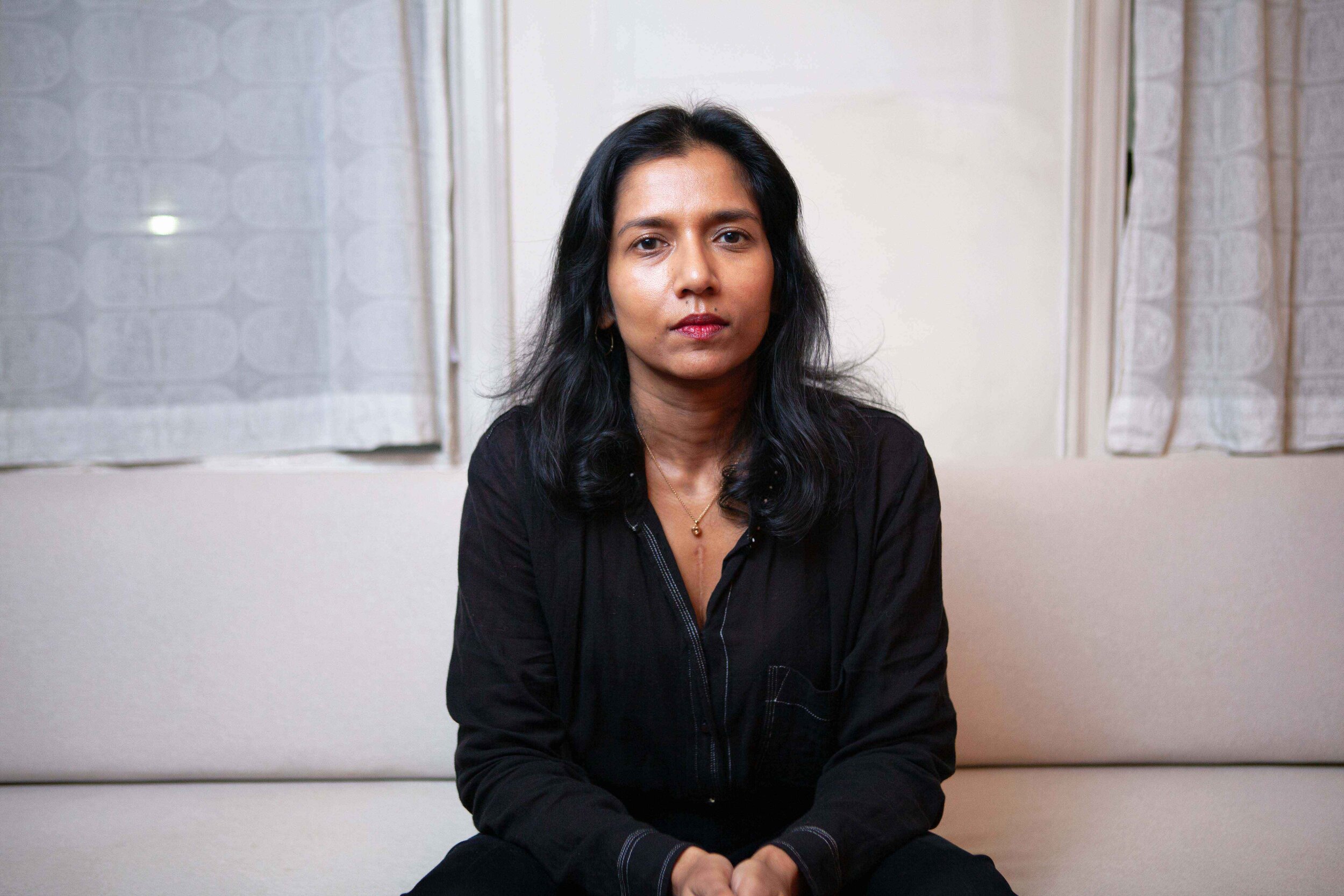Some Domestic Violence Takes Place Behind Two Sets of Closed Doors: At Home, In the Bedroom, In Secrecy
Since the mass shooting in Atlanta last week that killed six women of Asian descent, Asian Americans, especially women, are sick at heart, angry -- and afraid. In the past year, since the COVID-19 pandemic arrived in this country, attacks on Asian Americans, both verbal and physical, have shot up 150 percent. Close to 70 percent of victims have been women.
Activists believe these shocking numbers actually are low because many attacks go unreported and unnoticed. Even during the pandemic, female Asian American health professionals have told friends that patients have refused treatment from anyone of Asian ethnicity. A second-grade teacher said a parent wanted to remove a child from her class because she was Asian American.
Indeed, even before Atlanta, the litany of attacks on Asian-American women were appalling. In New York, one woman was set on fire, another burned with chemicals. Harassers frequently single out small, slight Asian-American women as easy targets. Because they often are stereotyped as quiet and docile, seeing any one of them fight back is exhilarating.
Last week, at a bus stop in San Francisco, a tall Caucasian man walked up to a small 76-year old Asian woman and hit her in the face, injuring one eye so that blood trickled down her cheek. She slugged him with a wooden two-by-four. Brandishing her makeshift weapon, she was still standing at the stop as he was loaded onto a stretcher and into an ambulance.
In another very unusual instance, Asian-American activist, writer and filmmaker Tanya Selvaratnam, wrote a memoir, Assume Nothing: A Story of Intimate Violence. During sex, her lover had slapped her, spat on her, choked her. Even worse, he had called her his property, his “brown slave.” He made her call him “Master.”
Asian-American activist, writer and filmmaker Tanya Selvaratnam, a native of Sri Lanka, broke silence about the domestic violence she had endured from her lover, former New York Attorney General Eric Sneiderman. Wikipedia
Selvaratnam was born in Sri Lanka. In Minor Feelings: An Asian American Reckoning, poet and essayist Cathy Park Hong, daughter of South Korean immigrants, points out that across Asia, women are rarely open about sexual assault: “In every Asian culture, stories abound of women disappearing or going mad without explanation. The most that would be revealed was that something ‘bad’ happened … I grew up in a culture where to speak of pain would not only retraumatize me but everyone I love … How many Asian women would then feel bold enough to report sexual assault in their cultures of secrecy and shame?”
As a result, Park Hong writes, accurate statistics showing the number of Asian American who have been sexually assaulted or suffered domestic violence, are very hard to find.
Selvaratnam, too, wanted to keep her head down and not talk about the humiliation she had suffered in bed at her lover’s hands. She said she also was frightened because he was the chief law enforcement officer in her state: Eric Sneiderman, attorney general of New York state. In public, he presented himself as an ally of women and communities of color. But she said he had threatened to tap her phone and have her followed, and she knew he could. If she left him, he had threatened to kill her, she said.
Eventually, Selvaratnam said she realized Schneiderman could go on to violate other women. She didn’t have enough evidence to take him to court. So she decided to make public the intimate domestic violence she said she had endured. She wanted to show him he “had messed with the wrong woman.”
Selvaratnam did report everything that had happened to her to two writers for The New Yorker.
The pair found three other women who’d suffered the same kind of abuse from Schneiderman. Then, Selvaratnam says, “through the process of journalism, it became, “he said, she said, she said, she said, she said.”
In May 2018, almost immediately after The New Yorker article came out, Schneiderman resigned. Following an investigation, Nassau County District Attorney Madeline Singas determined that although she believed the accusers' allegations, statutes of limitations precluded her from filing criminal charges.
In a recent conversation with Park Hong, Mississippi poet-essayist Kiese Laymon pushed her to define her idea of “an Asian-American reckoning.” Park Hong said she wants more writers to speak up, the way she and Selvaratnam have. Among other steps, the Congressional Asian Pacific American Caucus has called for more education in U.S. schools about Asian and Pacific Islander history and contributions to this country. As a start, here are links to books by Asian Americans and about their history.
Ann Marie Cunningham is a Columbia University Lipman Fellow for 2020 who will be working with the Mississippi Center for investigative Reporting. She is a veteran journalist/producer and author of a best-seller. Her work has appeared in The New York Times, Los Angeles Times, Technology Review, The Nation and The New Republic. Contact her at amc@mississippicir.org.


